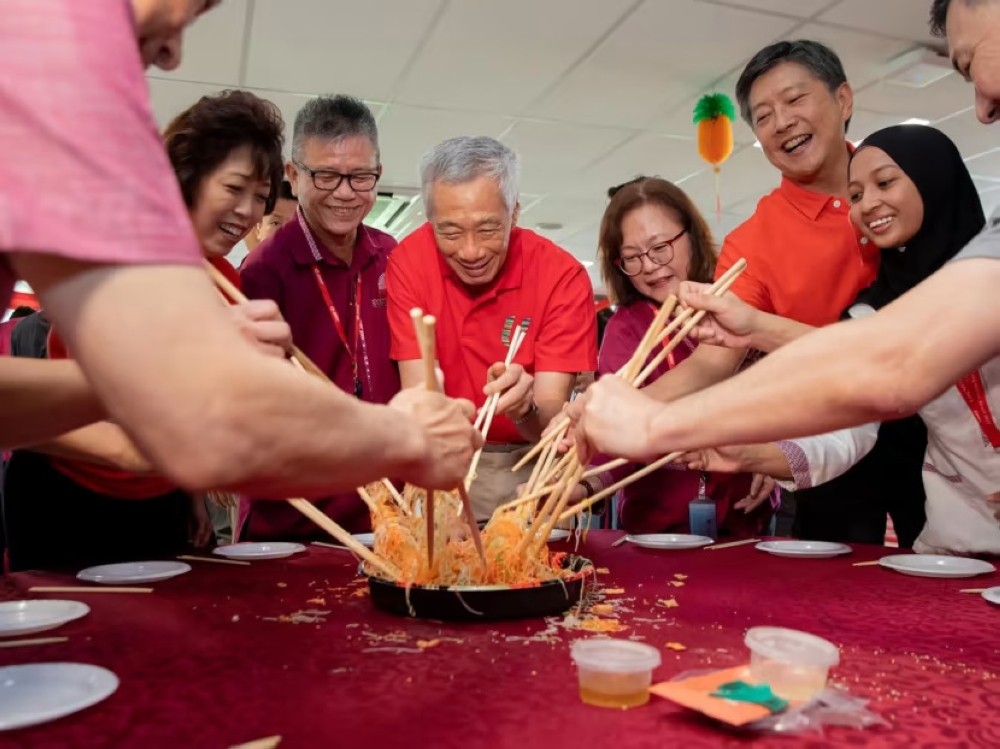SINGAPORE, Jan 22 — Even as Singapore is likely to avoid a recession this year, there are still “many dark clouds” around the world, and Singapore will need to make the most of its advantages to weather this storm, said Prime Minister Lee Hsien Loong yesterday.
“If you look around the world, (there are) so many dark clouds outside us, around us, and we need to distinguish ourselves and make the most of our advantages to keep ourselves safe,” he said.
“I think this year, the Year of the Rabbit, I have every confidence we will be able to do that.”
Lee was speaking to journalists on the sidelines of a Chinese New Year’s eve visit to the Woodlands Integrated Transport Hub bus interchange.
He also noted that it is the first Chinese New Year since the start of the pandemic where things are “back to normal”.
“I hope all Singaporeans will have a good year, and most importantly a healthier year, as we deal with Covid-19 in our stride. Still there, but no longer obsessing our thoughts,” he said.
Speaking in Mandarin, Lee said that in 2023, global uncertainties are expected.
“We are expecting growth to be slower due to possible recession in developed countries,” he said.
“We should be able to avoid this recession, but we will still have to look at China and how they resume activities.”
On Jan 8, China had reopened its borders to international travellers for the first time since the start of the Covid-19 pandemic.
“On our end, we have to be prepared for all possibilities and do our best,” Lee added.
At the interchange, Lee spoke to transport workers, including bus captains and administrative staff, to thank them for their service during the Chinese New Year period.
He also took part in the tossing of yusheng (Mandarin for “raw fish”), a Chinese New Year tradition, with representatives from the National Trades Union Congress (NTUC), National Transport Workers’ Union, transport operator SMRT, as well as transport workers.
Asked about what feedback he had received from the transport workers, Lee said that salary was an issue raised.
“Speaking to the bus drivers earlier, they said the economy is better, (but) maybe their pay should also increase.”
“Of course, we wish to do that too, but we must also look at the economic situation.”

In a press statement by NTUC yesterday detailing Lee’s visit, the labour movement said that it recognises “the need to improve career prospects by upskilling our public transport workers, especially our bus captains”.
In 2012, NTUC worked with industry stakeholders and tripartite partners to introduce a progressive wage structure for the transport and logistics services cluster, covering bus captains amongst the worker groups.
“Since then, close to 10,000 public transport workers from the four public transport operators in Singapore have benefitted, where the average starting basic salary is now S$2,150 (about RM6,981) as compared to S$1,375 prior to 2012,” said NTUC. — TODAY






















